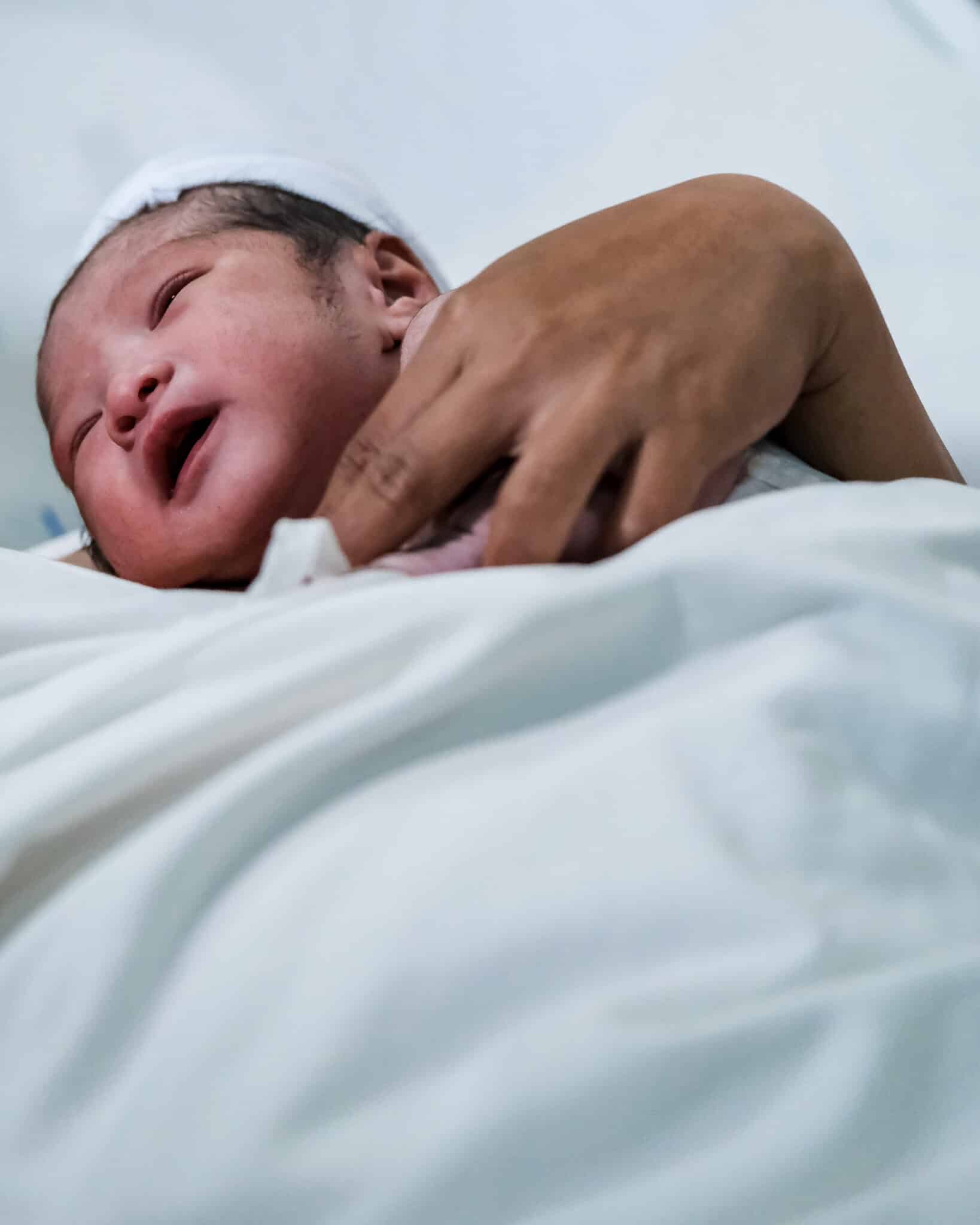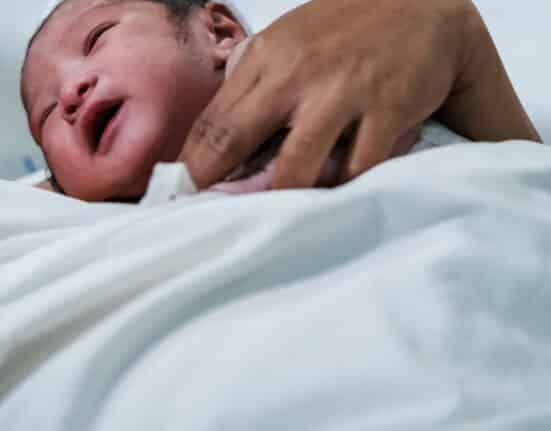ECONOMIC uncertainties have pushed Filipino couples to delay or deprioritize having children, a study commissioned by the Commission on Population and Development (CPD) has found.
According to the Philippine Statistical Research and Training Institute’s study, “Fertility Decline during the COVID-19 Pandemic,” the decisions of couples not to have children during the global health crisis increased the acceptability of modern family planning (FP) methods.
The use of FP methods increased from 40% in 2017 to 42% in 2022, with injectables, pills, and ligation or female sterilization being the most popular options.
In addition, the survey said that women continue to make more FP decisions than men do.
The country’s total fertility rate (TFR) has also declined, from 2.7 in 2017 to 1.9 in 2022.

”The economic uncertainties brought about by the COVID-19 health emergency have reinforced Filipino couples and individuals’ preferences and behaviors on childbearing, as they opted to delay or deprioritize having children due to their perceived lack of financial capacity and insufficient income. These were further influenced by resultant hikes in prices of goods and services,” the CPD said in a statement on Thursday.
The study said that ”in the short term, the increasing capacity of couples and women to attain their fertility intentions will bring a measure of economic relief, lower competition for employment, possible poverty reduction, and the realization of the demographic dividend that the country is set to reap.”
”For the long view, we can expect a larger aging population, a decrease in income tax collection, and possibly a need to fill an impending workforce gap,” it added.
CPD Executive Director Lisa Grace Bersales said they are now monitoring whether these fertility behaviors have become the norm post-pandemic.
“While the country’s TFR trend currently favors our socioeconomic indicators, the challenge is to sustain the accompanying benefits,” she said.
“Foremost is the inclusion of the FP program as a key response to emergency or crisis situations, with a more targeted approach that will address the varying concerns of different population groups.”









